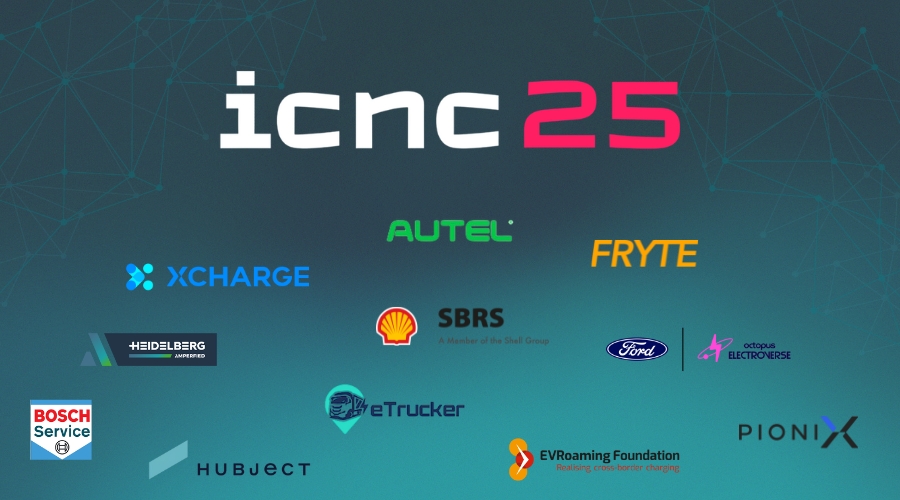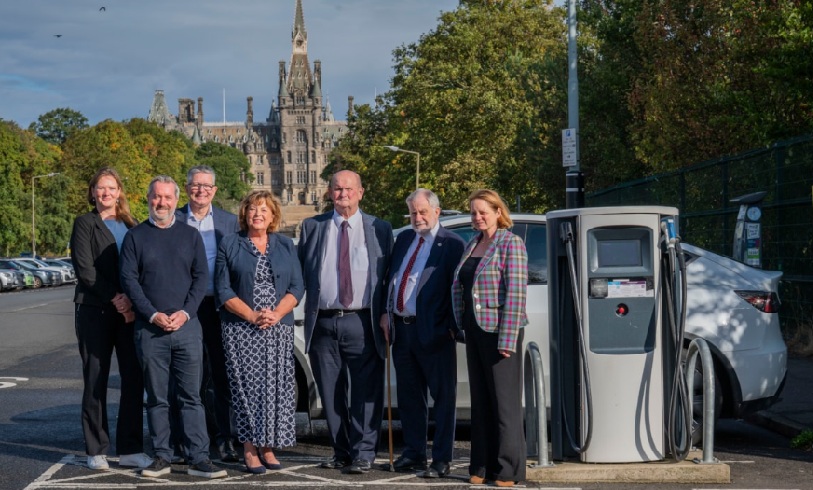LG Energy Solution (LGES) has announced that its U.S. subsidiary will acquire the assets of its Michigan electric vehicle battery plant previously operated in partnership with General Motors (GM).
The deal is valued at two billion dollars, although the final amount may vary following due diligence.
The transaction is expected to close on May 31, according to the company’s official filing.
The decision follows GM’s announcement in December that it would sell its stake in the plant, amid a broader reassessment of its electrification plans.
The U.S. automaker has been scaling back its EV ambitions, citing uncertainty around consumer tax credits and the outlook for EV production under a potential new Trump administration.
Despite this shift, the partnership between LGES and GM remains active through two other joint battery facilities in Ohio and Tennessee.
LGES stated that the acquisition is part of its capital spending plan announced earlier this year, and that the final transaction cost could be lower than the initially estimated two billion dollars.
At the same time, Toyota Motor confirmed it will redirect its battery orders from LGES to the Lansing, Michigan plant—precisely the facility that GM is exiting.
This move aims to secure the supply of battery cells for Toyota’s upcoming electric vehicle models.
LG’s decision to strengthen its footprint in the U.S. comes at a crucial time, as global automakers recalibrate their strategies in response to a more volatile demand and uncertain regulatory landscape.
Gaining full control of the Michigan plant could allow LGES to optimize operations, meet new supply contracts, and reinforce its position as a leading global battery supplier.
READ MORE
-
ICNC25: These are the E-Mobility innovations that shaped the event in Germany
With a record attendance of 8,500 industry specialists, the Intercharge Network Conference (ICNC25) proved to be a key meeting point where e-mobility companies unveiled new products and announced strategic partnerships.
-
Special depreciation scheme for EVs in Germany not restricted to new vehicles only
Although the wording of the law explicitly refers to “newly acquired vehicles”, some comments from politicians and the specialist press had suggested that the depreciation might apply only to brand-new vehicles that have never been registered before.
-
Scottish Government gives £6.3m to 8 councils to boost public charging infrastructure
The funding will support the installation of 1,770 additional public charging points. This is the final award from the Scottish Government’s £30m Electric Vehicle Infrastructure Fund.










